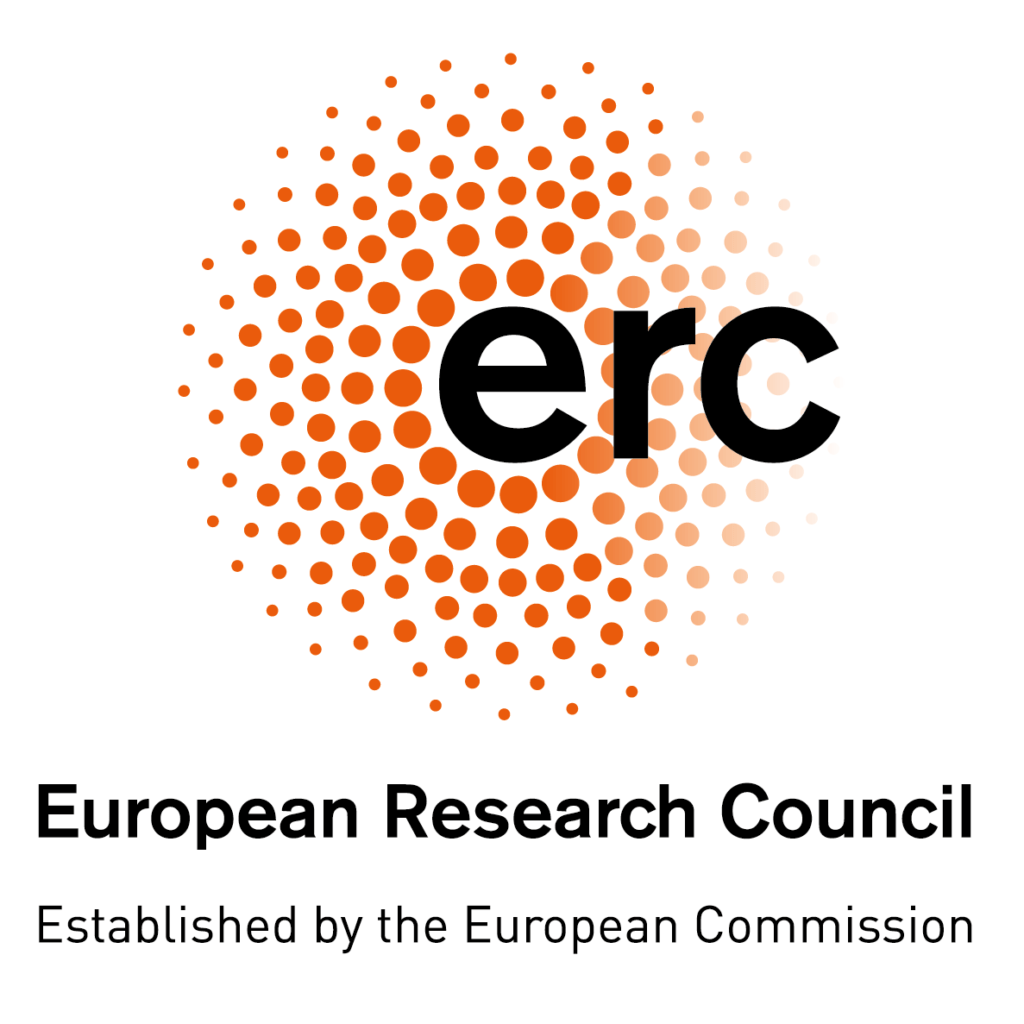 Contents
Contents
New Network Sovereignties: The Rise of Non-Territorial states? kickoff contribution by Primavera de Filippi (CNRS|CERSA, Harvard, EUI)
Network sovereignties are at least four different concepts in one category, by Vitalik Buterin (Ethereum)
Network Sovereignties in the Context of Macrohistorical Patterns, by Michel Bauwens (P2P Foundation)
Notes on Old Religion for New Network Sovereigns, by Nathan Schneider (University of Colorado Boulder)
In 2018, we explored the question of cloud communities, and how the expansion of state sovereignty with digital tools (e.g., e-Estonia) and the creation of virtual, self-sovereign political communities (e.g., Afropolitan) gave rise to the possibility of e-citizenship or even global citizenship. The contributors to the GlobalCit Debate had differing views on the viability and desirability of cloud communities. Five years on, as the world grapples with the implications of digital innovation, the notion of voluntary virtual self-sovereign political communities has gained further prominence, reshaping traditional notions of governance and sovereignty.
This online symposium builds upon the foundation laid by this previous symposium on Cloud Communities, and delves into the emerging paradigms of Network States and New Network Sovereignties.
This symposium explores how communities or groups leverage digital technologies, particularly blockchain, to expand their sovereignty, transcending physical and geopolitical borders, to achieve what we refer to as ‘new network sovereignties’. While Estonia’s approach to e-residency was an attempt by an existing state to expand its sovereignty beyond its borders, these communities are adopting a more bottom-up approach to claim or reclaim sovereignty, using digital networks to engage in global coordination without relying on the traditional institution of the state. They rely on transnational digital infrastructure, allowing individuals to govern themselves, participate in decision-making, and engage in collective action—thereby creating additional layers of sovereignty alongside traditional nation-states.
Emphasising the importance of ‘functional sovereignty’ over ‘territorial sovereignty’, this online symposium seeks to identify the distinct features and justifications for the emergence of such network-based political communities. Taking inspiration from real-world initiatives and proto-Network States, the symposium aims to explore the nuanced distinctions between different types of Network States, analysing the various principles, values, and ideologies that underpin them, as well as the ways in which they implement the core prerogative of the state, including law, governance, and welfare services, and the manner in which they provide new platforms for political participation that may be lacking in traditional nation-state structures.
Ultimately, this online symposium aims to understand better the potential of Network States to disrupt the existing Westphalian system of nation-states and usher in a new era of digital and networked sovereignties. Is it technologically and politically feasible, morally justified, and legally possible?
Team
Dr. Primavera de Filippi, CNRS|CERSA, Harvard, EUI
Professor Liav Orgad, Rubinstein Center for Constitutional Challenges, Reichman University, WZB Berlin Social Science Center, Peking University School of Transnational Law, European University Institute.
Dr. Morshed Mannan, European University Institute, The New School.
Jessy Kate Schingler, Paris II/CERSA and Ostrom Workshop.

